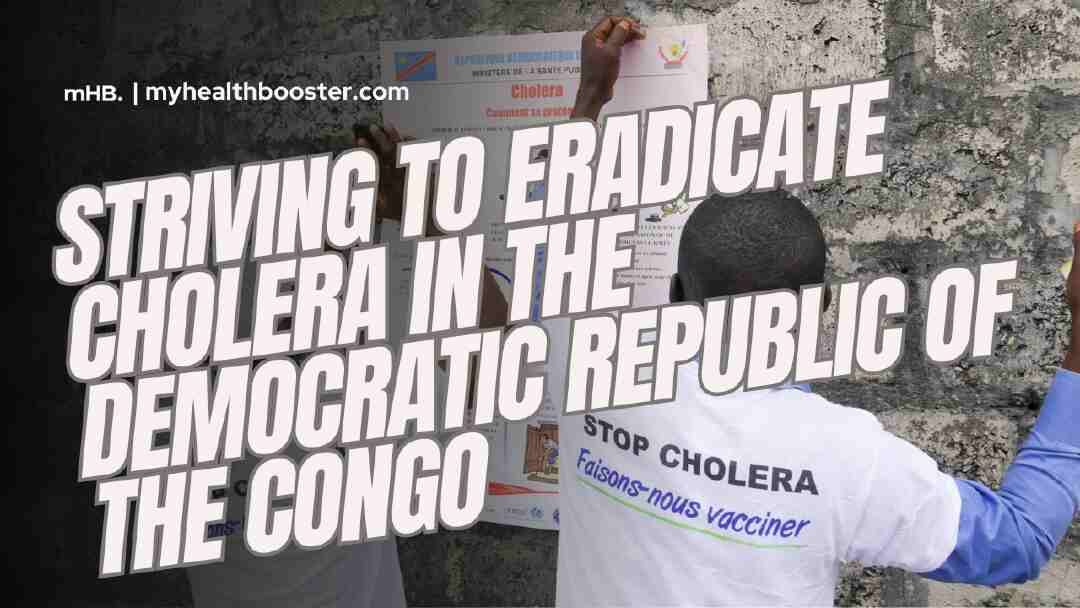Introduction
The Democratic Republic of the Congo (DRC) is grappling with a multifaceted health crisis, marked by conflict, displacement, and environmental disasters, which has exacerbated the prevalence of deadly diseases. Among these is cholera, an acute intestinal infection, posing significant health risks due to poor living conditions and waterborne transmission.
Current Cholera Outbreak
The resurgence of cholera cases in 2023 in the conflict-affected eastern DRC has caused concern. Over 41,000 reported cases, including 314 fatalities, have made this one of the largest ongoing cholera outbreaks globally. These consistently high case numbers throughout the year have overwhelmed health workers already coping with multiple health challenges in an extremely challenging environment.
Efforts to Combat Cholera
WHO’s Intervention
- The World Health Organization (WHO) has collaborated closely with DRC’s health authorities to address the outbreak. They’ve supplied medical resources, extended medical expertise, facilitated transportation of test samples to labs, and established treatment centers closer to the affected populations.
Challenges of Global Vaccine Shortage
- Global shortages of the oral cholera vaccine have further complicated the crisis. A shift from a two-dose regimen to a one-dose vaccine was initiated due to the severe global shortage. This alteration led to insufficient vaccine supply to countries, including DRC.
- In response, DRC carried out a vaccination campaign, administering a single dose to over 360,000 people, with plans to vaccinate an additional 5 million in the near future.
An Ambitious Elimination Plan
- The country’s new strategy to eliminate cholera by 2030 extends beyond vaccines. It’s a comprehensive, all-of-government approach involving over 22 key ministries. This strategy recognizes that the eradication of cholera requires a concerted effort across various sectors, particularly to ensure safe water and well-managed sanitation systems.
- The plan aligns with the Global Task Force on Cholera Control, which aims to reduce cholera deaths by 90% and eliminate cholera in 20 countries by 2030.
Conclusion
The DRC’s ambitious plan for cholera eradication recognizes the necessity of a multi-pronged approach involving multiple sectors. Vaccination remains crucial, but addressing the root causes, such as improving sanitation and water quality, is fundamental in achieving the goal of eliminating cholera in the country.
